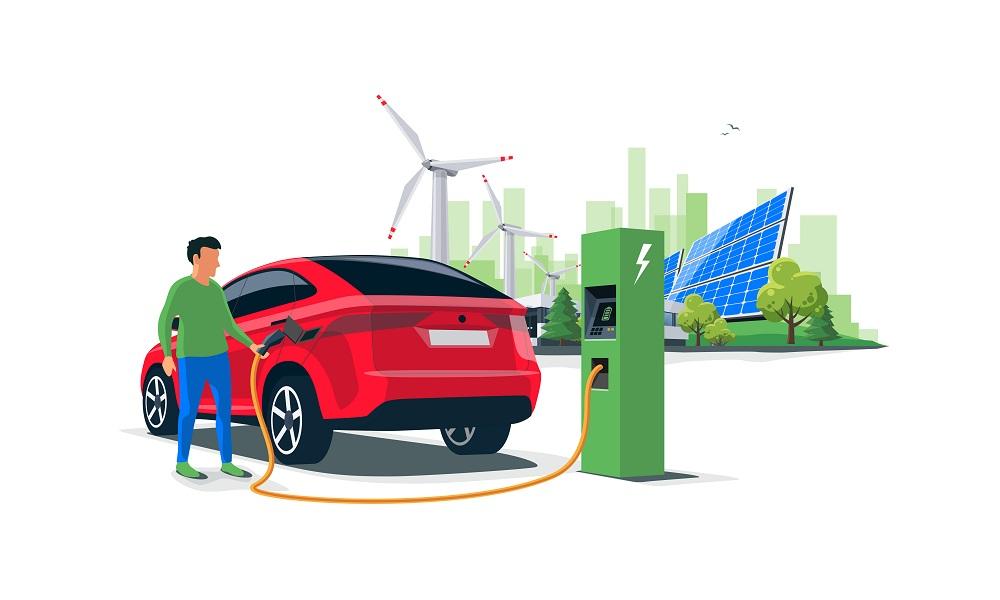The green energy revolution is a global movement aimed at transitioning from fossil fuels to renewable energy sources in order to promote sustainability. Among the most popular green energy resources is the use of lithium batteries in various applications, such as electric vehicles (EVs) and renewable energy storage systems, which have been increasing significantly. However, the widespread adoption of lithium batteries also brings about concerns regarding resource depletion, environmental impact, and waste management.
Lithium battery recycling plays a crucial role in addressing these concerns and fostering sustainable growth. The United Arab Emirates (UAE) is a country that has been actively promoting green energy initiatives and Madenat’s latest Lithium-ion battery recycling unit in Dubai, could potentially leverage lithium battery recycling to further its sustainable growth goals. Here’s how:
Resource Conservation: Lithium is a valuable and limited resource, and recycling lithium batteries helps conserve this resource. By establishing efficient recycling processes, the UAE can reduce its reliance on importing raw lithium and other critical materials, enhancing its energy security and self-sufficiency.
Environmental Benefits: Proper recycling of lithium batteries prevents the release of hazardous materials and toxic chemicals into the environment. It reduces the risk of soil and water contamination, thereby safeguarding the UAE’s natural ecosystems and contributing to its commitment to environmental sustainability.
Economic Opportunities: Helping the lithium battery recycling industry can create new economic opportunities for the UAE. It can lead to the growth of innovative technologies, research and development, job creation, and potentially attract investments from both domestic and international sources.
Circular Economy: Embracing lithium battery recycling contributes to the concept of a circular economy, where products and materials are reused, repaired, or recycled to minimize waste. Now the UAE can establish a closed-loop system for lithium batteries, reducing the need for raw materials extraction and decreasing the environmental impact associated with battery production.
Technological Advancements: Investing in lithium battery recycling research and technology can lead to advancements in recycling processes, making them more efficient and cost-effective. With Madenat’s latest Lithium-ion battery recycling unit, the UAE can now position itself as a leader in sustainable technologies and contribute to the global transition towards cleaner energy solutions.
Consumer Awareness: Raising awareness among consumers about the importance of recycling lithium batteries can encourage responsible disposal practices and promote a culture of sustainability.
In conclusion, the UAE has the opportunity to leverage lithium battery recycling as a key driver of sustainable growth within its green energy revolution. By embracing this aspect of the circular economy, the UAE can conserve resources, protect the environment, stimulate economic development, and contribute to global efforts to combat climate change.

